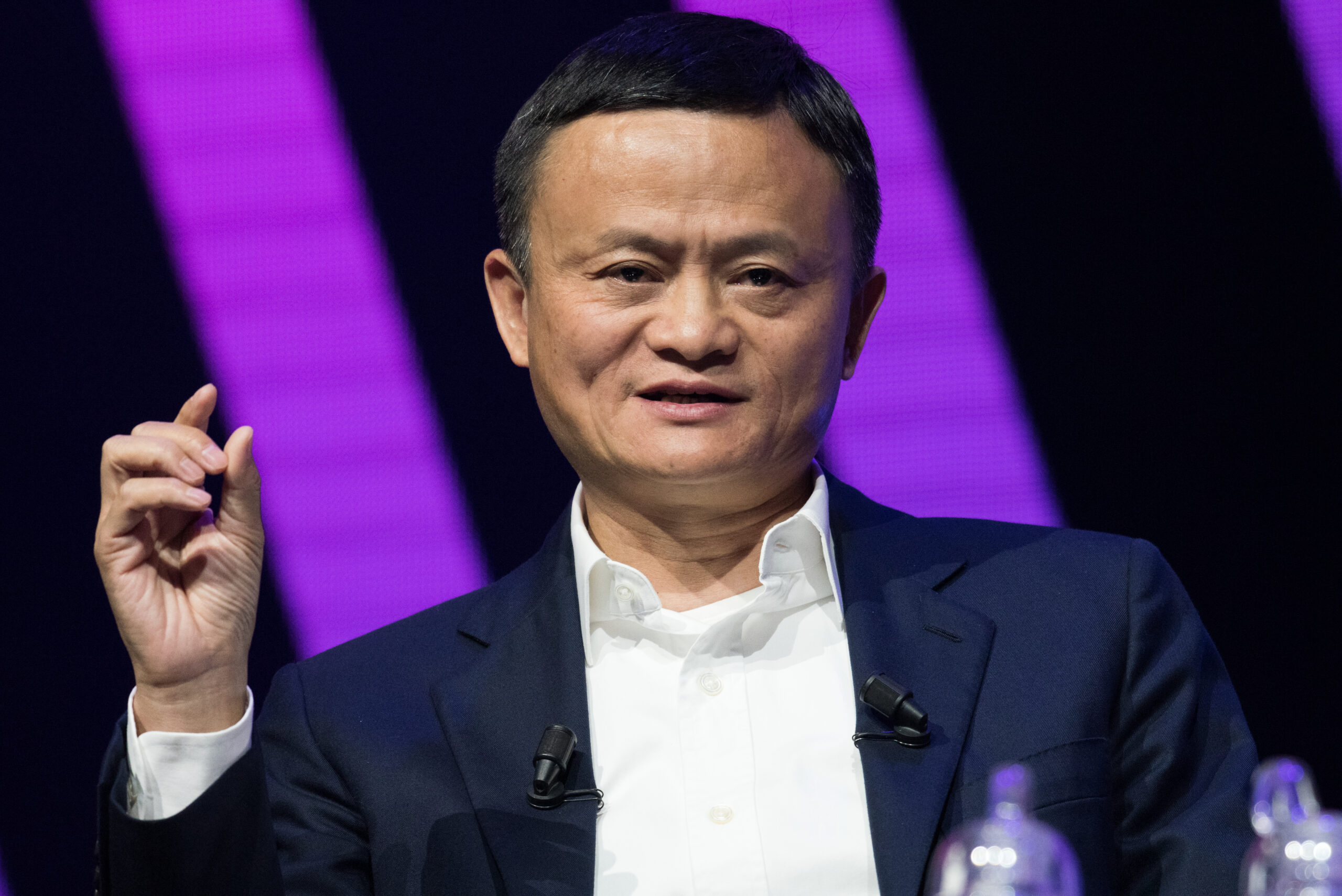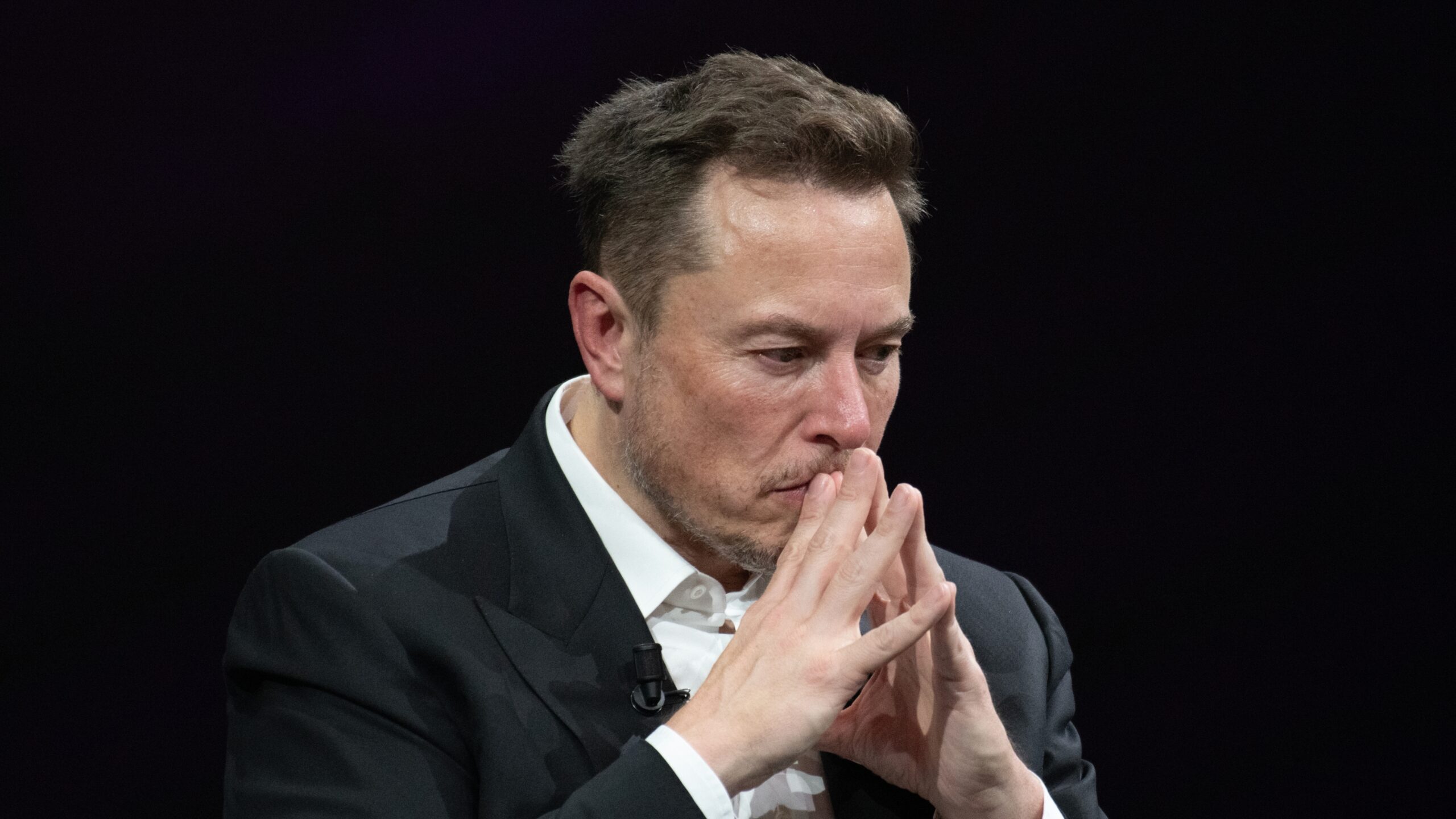As an entrepreneur, understanding your target market is paramount. While some businesses serve other companies (B2B), many thrive by selling directly to individual people. This is the essence of Business to Consumer (B2C). If your hustle involves reaching everyday shoppers, mastering B2C strategies is fundamental to your success.
This guide will demystify B2C means. We’ll break down its definition, explain its importance, and provide actionable best practices. Get ready to confidently connect with individual customers, build strong brand loyalty, and drive direct sales for your venture.
Definition and Importance
Business to Consumer (B2C) refers to commercial transactions where a business sells products or services directly to individual end-users. These are the everyday shoppers who buy items for personal use. Think of your daily purchases – groceries, clothing, streaming subscriptions – these are all B2C transactions.
Here’s why Business to Consumer (B2C) is important:
- Mass Market Potential: B2C often involves a much larger potential customer base compared to B2B, allowing for high-volume sales.
- Emotional Buying: Consumers often make purchasing decisions based on emotion, brand appeal, convenience, or immediate gratification, which influences marketing strategies.
- Shorter Sales Cycles: B2C transactions typically have quicker decision-making processes and shorter sales cycles than complex B2B deals.
- Brand Loyalty: Building a strong, recognizable brand and fostering customer loyalty can lead to significant repeat business and organic referrals.
- Direct Feedback: Engaging directly with consumers provides immediate feedback, allowing for rapid product or service iteration and improvement.
Real-World Side Hustle Example
Consider Emily, who started a side hustle selling unique, handcrafted jewelry through an online Etsy shop and her own website. Every time a customer browses her collection, adds an item to their cart, and completes a purchase for their personal use, that’s a Business to Consumer (B2C) transaction.
Emily’s marketing efforts are directed at individual shoppers. She uses social media to showcase her jewelry, runs ads targeting people interested in handmade goods, and focuses on creating a delightful unboxing experience for her customers. Her success hinges on attracting and converting individual buyers, making her operation a classic B2C model.
B2C Best Practices
Succeeding in the B2C market requires a deep understanding of consumer behavior and effective direct communication. Implement these best practices to connect with your audience and drive sales.
- Strong Brand Identity: Develop a clear, appealing brand voice, visual identity, and story. Consumers connect emotionally with brands.
- Exceptional Customer Experience: From website navigation to post-purchase support, every touchpoint matters. Make it easy, enjoyable, and reliable.
- Compelling Marketing: Focus on benefits, not just features. Use engaging visuals, storytelling, and calls to action that resonate with individual desires or pain points.
- Leverage Social Media: Platforms like Instagram, TikTok, Facebook, and Pinterest are crucial for B2C. Use them for product showcases, customer engagement, and direct sales.
- Optimize for Mobile: Most consumers shop on their phones. Ensure your website, emails, and ads are perfectly optimized for mobile viewing and purchasing.
- Focus on Reviews & Testimonials: Social proof is incredibly powerful. Encourage satisfied customers to leave reviews and feature them prominently.
- Simplify the Purchase Path: Reduce friction in your checkout process. Offer multiple payment options and clear shipping information to minimize cart abandonment.
Quick Case Study
“FitFuel Snacks,” a small startup selling healthy protein bars, initially struggled to gain traction. Their product was good, but their marketing felt generic. They realized they needed to truly master B2C engagement.
The FitFuel team implemented new strategies:
- They revamped their brand messaging to focus on the feeling customers get (energy, convenience, health) rather than just ingredients.
- They launched a vibrant Instagram campaign featuring real customers enjoying the bars during workouts and busy days.
- They simplified their website checkout to just three clicks.
- They started an email newsletter offering exclusive discounts and healthy living tips, building a direct relationship.
Within six months, FitFuel Snacks saw a 60% increase in direct-to-consumer sales. Their social media engagement soared, and customer reviews became a powerful marketing tool. By focusing on emotional connection and a seamless customer journey, they built a loyal B2C following.
Tools and Resources
Managing your B2C operations efficiently is made easier with the right tools, from e-commerce platforms to marketing automation.
- E-commerce Platforms:
- Shopify: The leading platform for building online stores, offering templates, payment processing, and marketing integrations.
- WooCommerce (for WordPress): A flexible, open-source e-commerce plugin for WordPress websites.
- Etsy: Ideal for selling handmade, vintage, or craft supplies directly to consumers.
- Email Marketing Services:
- Mailchimp: Excellent for building email lists, sending newsletters, and automating campaigns to individual customers.
- Klaviyo: Specialized for e-commerce, offering advanced segmentation and automation for B2C brands.
- Social Media Management Tools:
- Hootsuite / Buffer: For scheduling posts, monitoring engagement, and analyzing performance across multiple B2C social channels.\
- Manychat
- Customer Review Platforms:
- Trustpilot / Yotpo: Tools to collect and display customer reviews, boosting social proof.
Your Next Step: Connect with Your Customer
Understanding what Business to Consumer (B2C) means is crucial for anyone selling directly to individuals. It’s about recognizing consumer motivations, building strong brands, and creating seamless experiences that drive direct sales and foster lasting loyalty.
Ready for more essential insights to fuel your entrepreneurial journey? Don’t miss out on crucial tips and strategies for mastering your sales and operations. Follow our Hustlers Library newsletter today to stay ahead of the curve!







